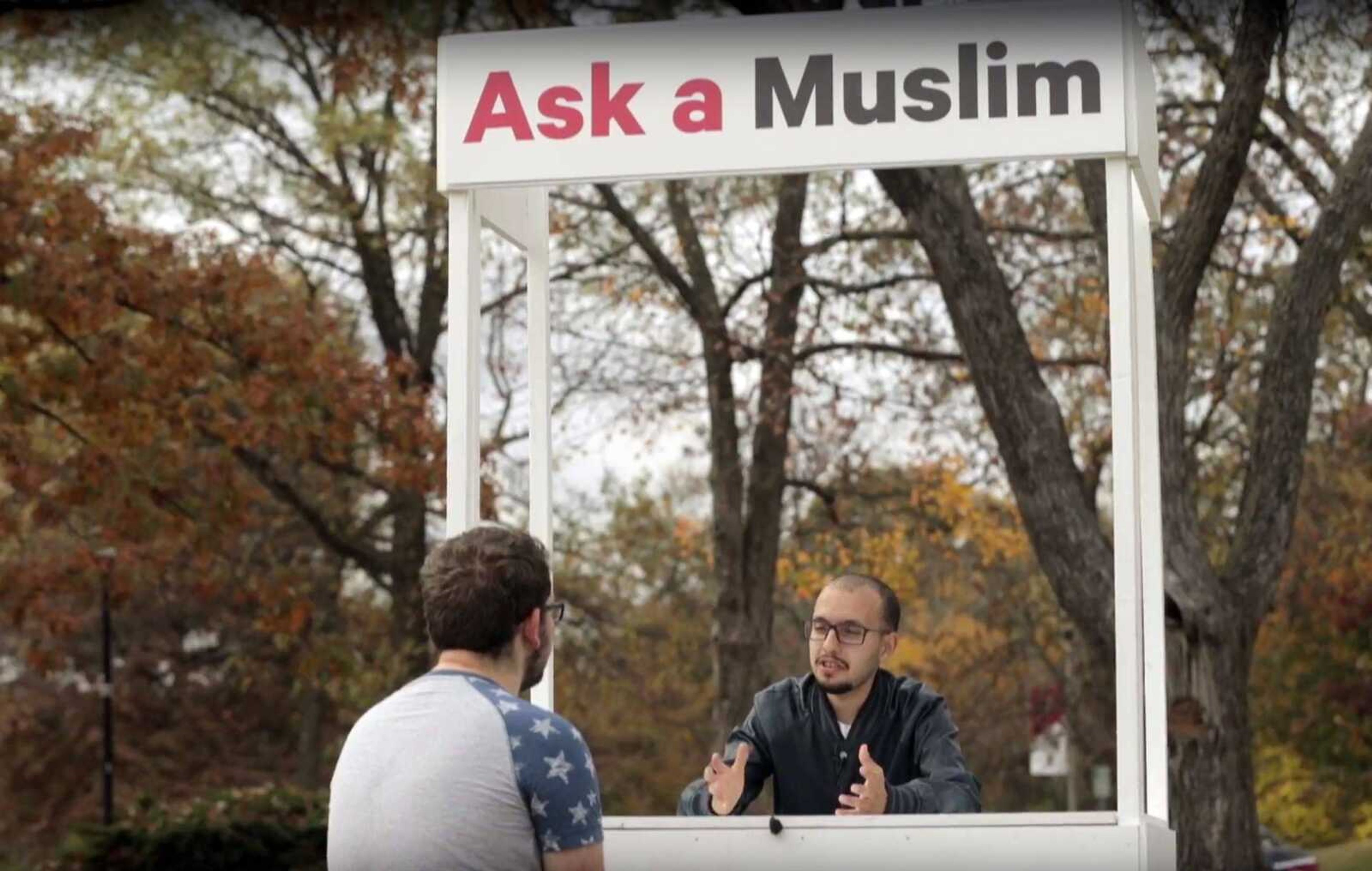Southeast video about diversity issues goes viral on Internet
When a team of marketing professionals, students and others at Southeast Missouri State University started filming a video in the fall, they had no idea it would become an Internet sensation. But by mid-afternoon Friday, the video had notched 1,048 social-media shares and reached 133,000 people around the world. Those numbers were expected to climb...
When a team of marketing professionals, students and others at Southeast Missouri State University started filming a video in the fall, they had no idea it would become an Internet sensation.
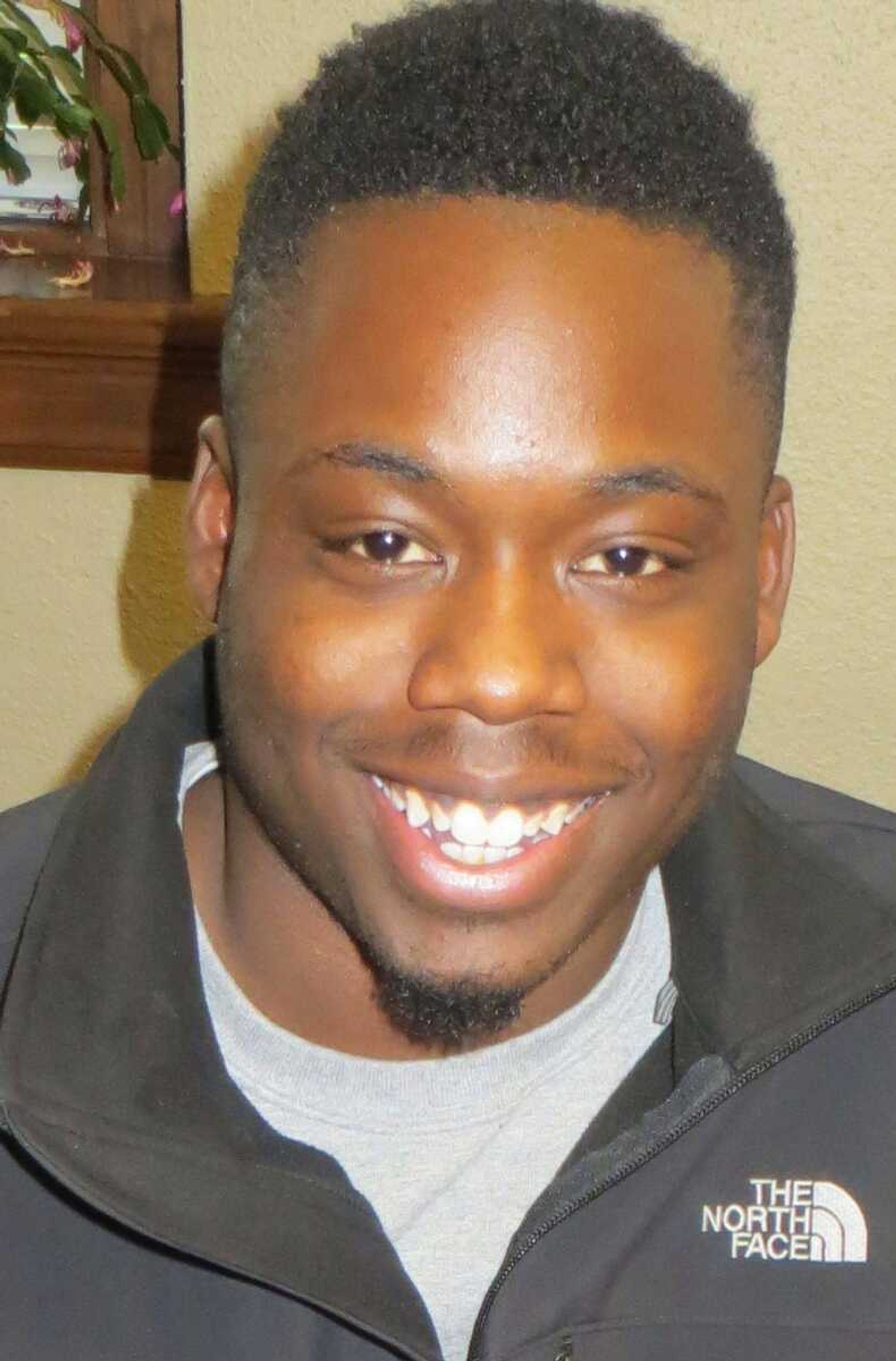
But by mid-afternoon Friday, the video had notched 1,048 social-media shares and reached 133,000 people around the world. Those numbers were expected to climb.
So why all the fuss?
To everyone involved, the answer lies in the production's content.
For about two weeks in late October and early November, participants manned booths around campus with signs proclaiming "Ask a Muslim," "Ask a Caucasian," "Ask an African-American," "Ask an LGBTQ," "Ask a Christian," "Ask a Mexican" and more.
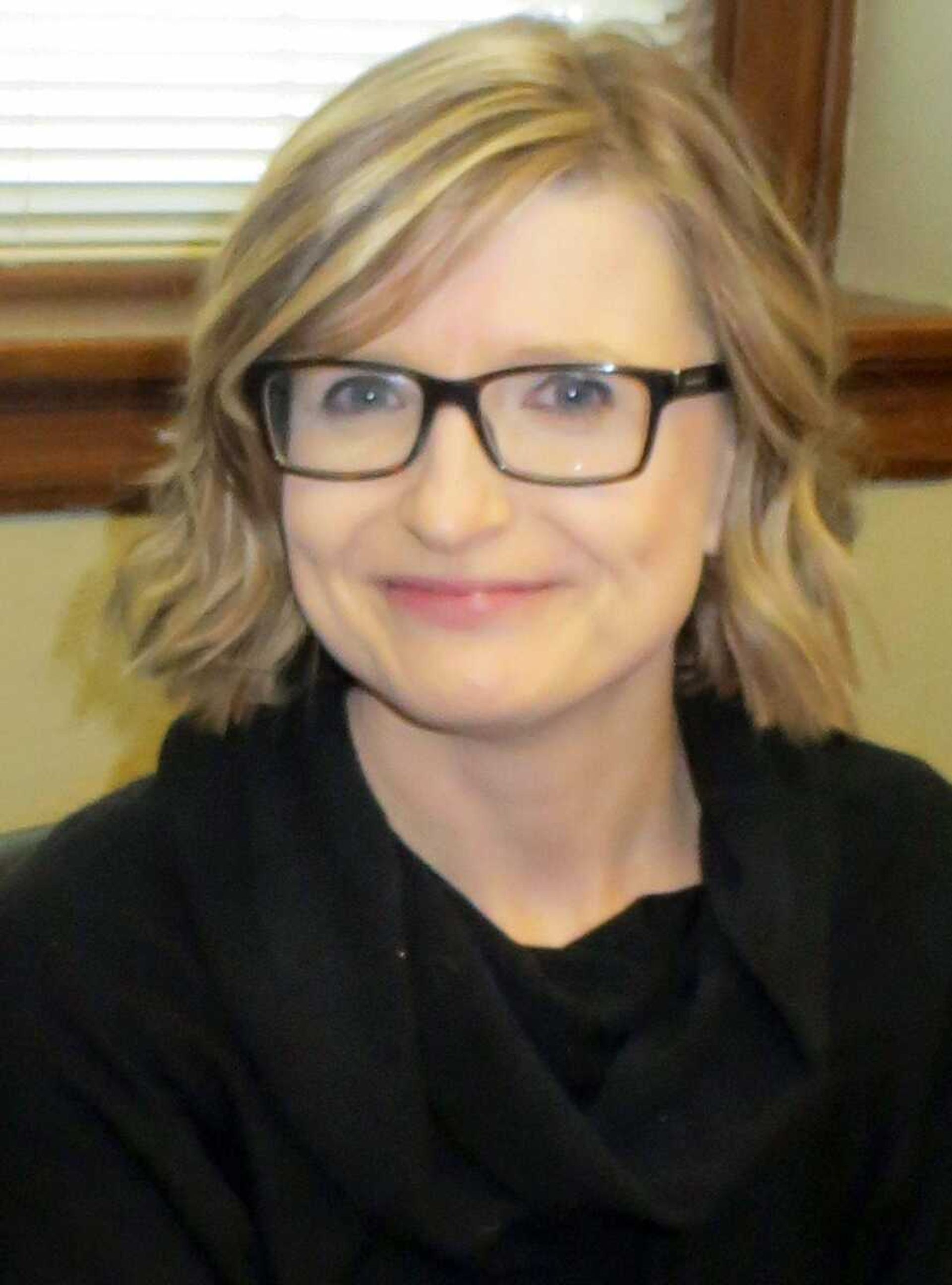
The idea was to invite strangers to walk up and ask whatever they wanted, no matter how taboo. The only caveat was each encounter would be taped.
Tonya Wells, associate director of marketing and digital media at Southeast, said the project grew out of a request by the university's MLK Celebration Committee to come up with something new to show during the annual dinner honoring civil-rights icon Martin Luther King Jr. This year's dinner took place Jan. 20, where the video debuted.
"They challenged us to come up with some different ideas," she said, with an emphasis on something that would make people think critically, even make them a little uncomfortable.
Aaron Eisenhauer, who edited six hours of footage a day as the project unfolded, said the main idea at first was to host a roundtable discussion.
"But that was kind of boring, we decided, ultimately," he said.
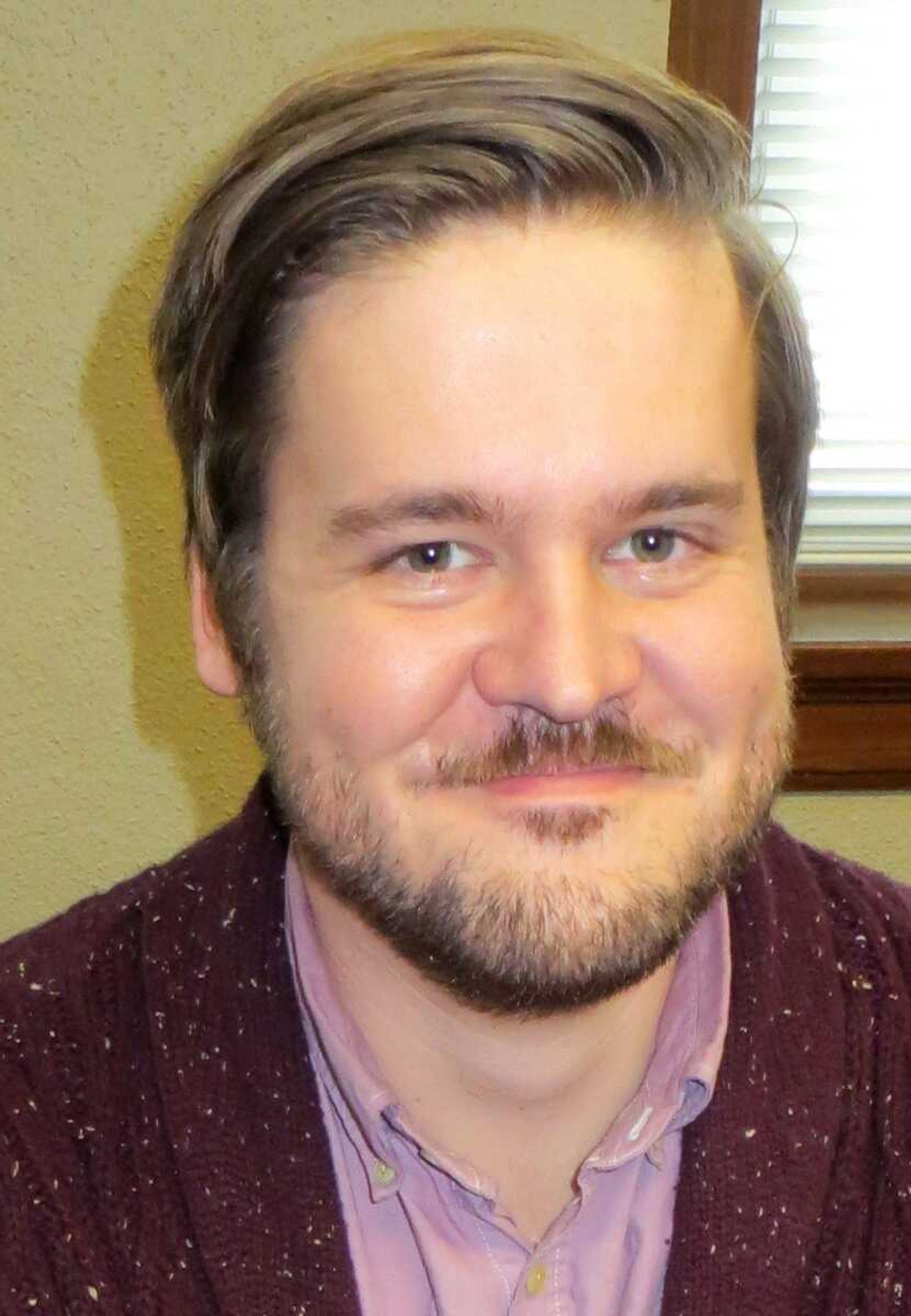
So the group borrowed a concept from the weekly public radio show "This American Life," in which members of different groups would field questions from anyone who cared to ask. The results, Southeast participants found, ranged from funny to awkward to thought-provoking.
Kevin Windham, a member of the President's Task Force on Diversity Education at Southeast, took turns manning the "Ask an African-American" booth. One person asked why it's acceptable for black people to use the "n-word" and not whites.
"It got a little raw, but I think they understood at the end of the conversation how it affects us," Windham said.
Just getting people to approach and find the courage to ask real questions proved to be an accomplishment.
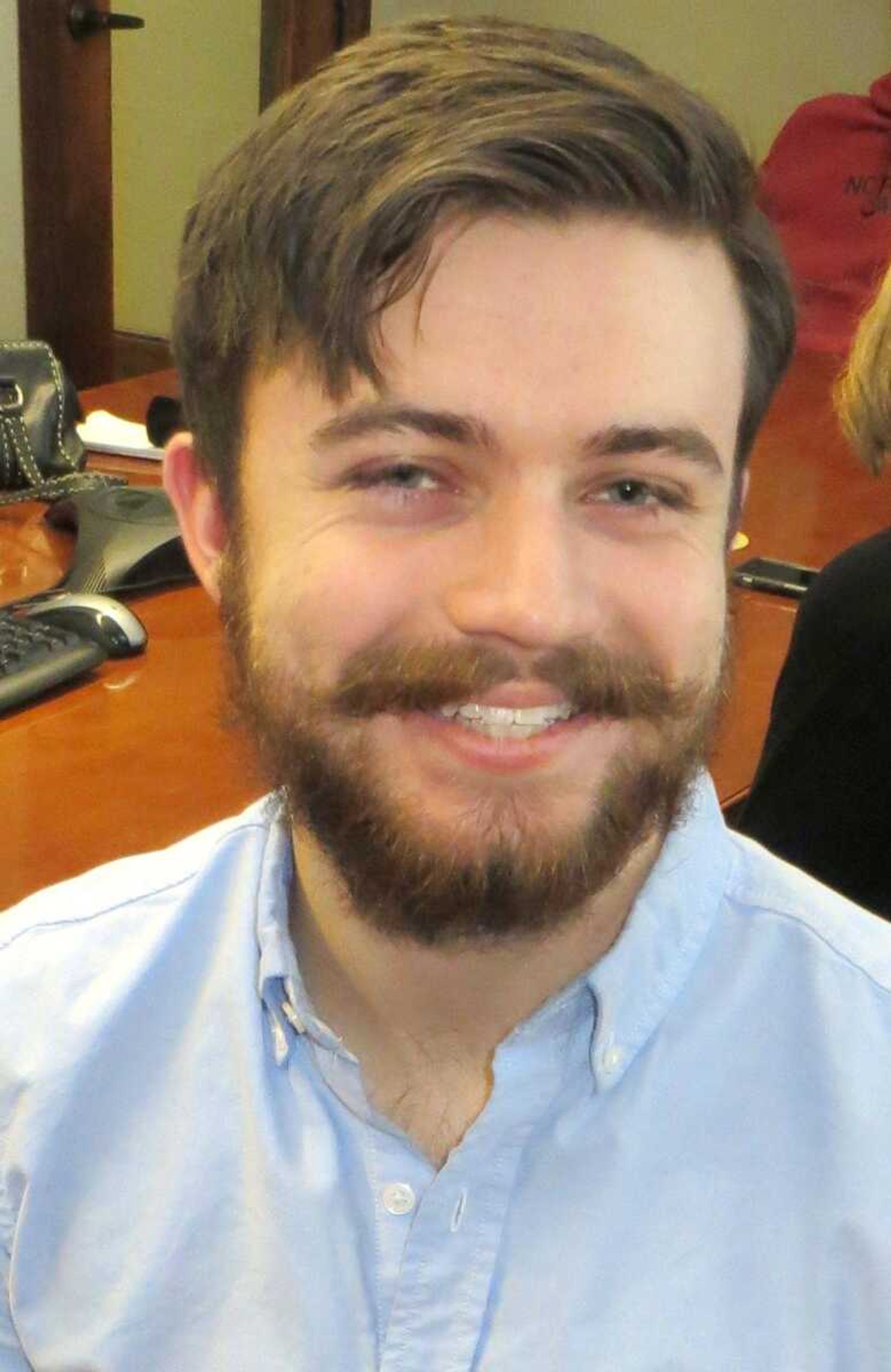
"Vulnerability is a huge factor in whether to ask or not ask a question," he said.
Wesley Cox, another African-American student who manned a booth, said someone asked him about the Black Lives Matter movement and why African-Americans get upset when whites chime in with something like "All Lives Matter." Cox replied it's not that all lives don't matter, but the Black Lives Matter movement is trying to call attention to injustices since Michael Brown's shooting by a white police officer in Ferguson, Missouri.
On a lighter note, Allen Gathman, dean of online learning -- and a self-proclaimed "old white guy" -- fielded a few funny questions when he worked his shifts in the "Ask a Caucasian" booth. The highlight was when one serious student asked why blonde celebrities Taylor Swift and Amy Schumer are so popular.
"You are asking the wrong guy," Gathman says in the video.
He got some deeper questions as well. Gathman, who worked in Southeast's biology department, was asked how biologically different humans are. Gathman replied they aren't, and that racial distinctions are essentially artificial.
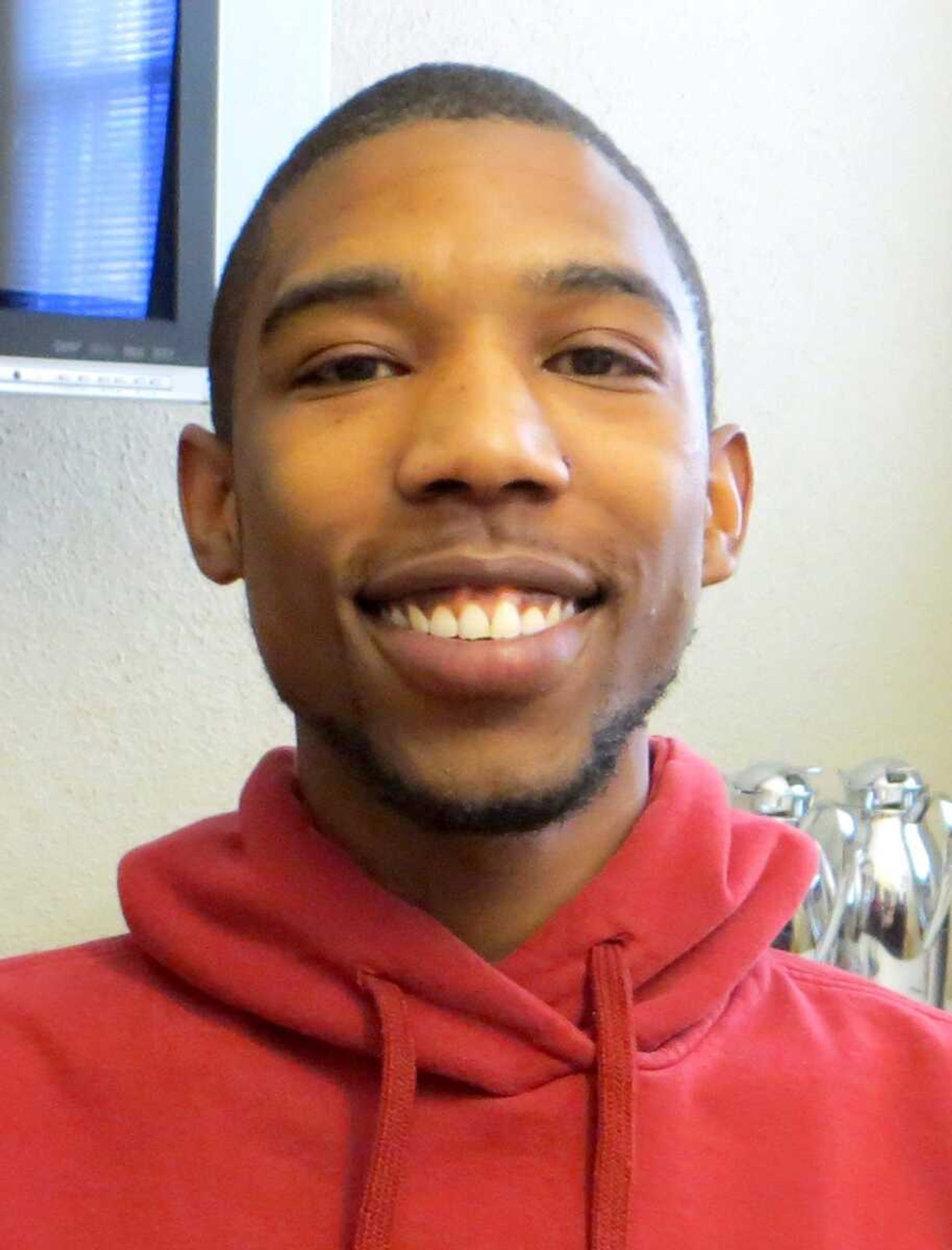
Another participant who worked the Caucasian booth, Tyler Sayer, was caught off guard when someone asked why white people seem so fascinated when black people have their hair braided, often feeling compelled to touch the braids.
"I wasn't expecting to be asked about the touching of hair," he said. "I had that asked about five times."
Ultimately, the exercise was a learning experience not only for anyone who chose to ask a question, but for the volunteers who chose to make themselves available for questioning. Everyone acknowledged while no one member could speak for an entire group, the dialogue the project spurred was serious. And seriously intriguing.
"I think we ended up having more volunteers than we had slots for," Wells said.
ljones@semissourian.com
(573) 388-3652
---
(function(d, s, id) var js, fjs = d.getElementsByTagName(s)[0]; if (d.getElementById(id)) return; js = d.createElement(s); js.id = id; js.src = "//"; fjs.parentNode.insertBefore(js, fjs);document, 'script', 'facebook-jssdk'));</script><div class="fb-video" data-allowfullscreen="1" data-href="/SEMissouriState/videos/vb.57213348678/10153898433553679/?type=3"><div class="fb-xfbml-parse-ignore"><blockquote cite=""><a href="">Southeast Talking Booth | Full Video</a><p>Last fall, Southeast Missouri State set up a talking booth outside of the University Center to generate conversation about diversity and stereotypes. See what Southeast students, staff and faculty had to say in this video. #Diversity</p>Posted by <a href="">Southeast Missouri State University</a> on Thursday, January 21, 2016</blockquote></div></div>
Connect with the Southeast Missourian Newsroom:
For corrections to this story or other insights for the editor, click here. To submit a letter to the editor, click here. To learn about the Southeast Missourian’s AI Policy, click here.

